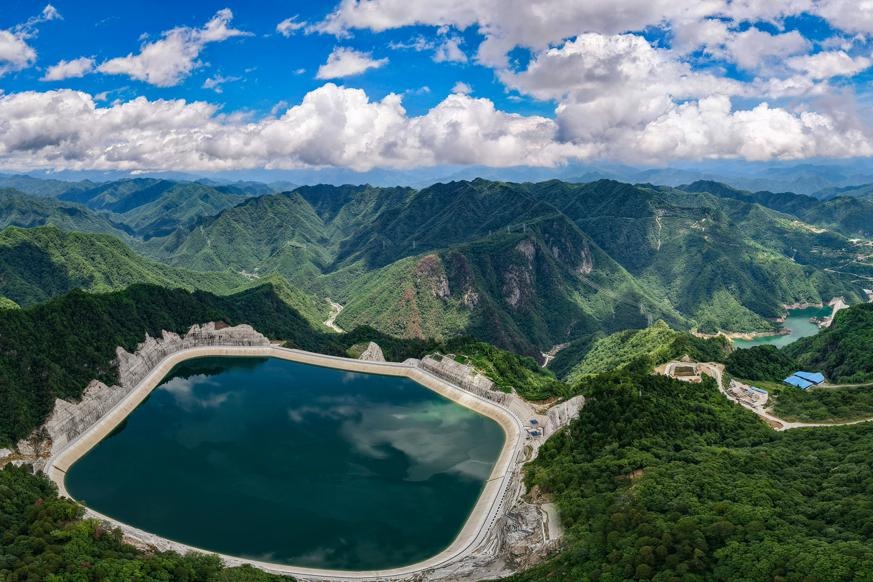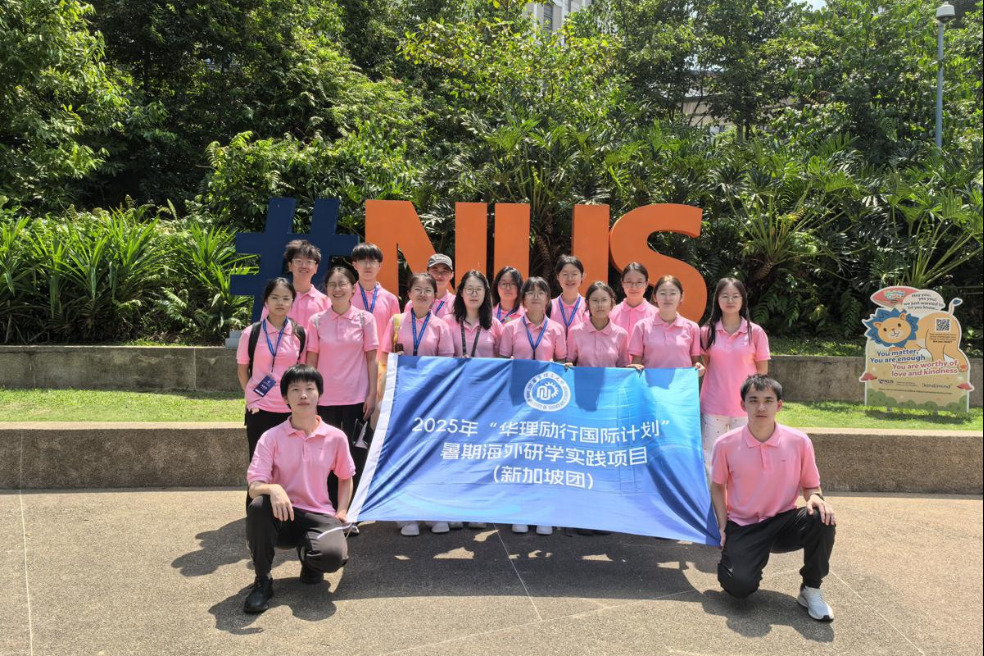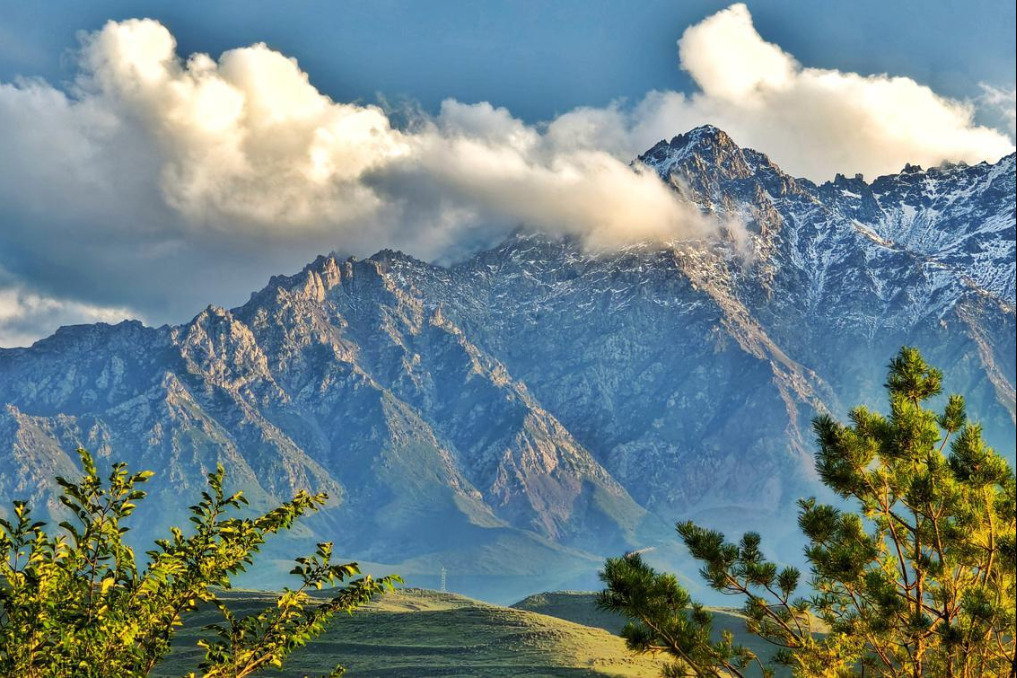County tackles soil erosion head-on


At the end of a busy harvest season in Heilongjiang province, Wen Jinzhuang began looking forward to selling his corn and soybean for good prices.
The 66-year-old has worked his land in Xing'an village, in Baiquan county, Qiqihar, for nearly 50 years.
"Last year, the profit from my 6.7 hectares of corn and soybean was 60,000 yuan ($9,400)," he said. "With the improvements in black soil quality, I got high-quality grain and high yields this autumn, so I believe I can get even better income."
Over the past 25 years, Baiquan has made every effort to solve its serious soil erosion and water loss problems, becoming a role model in pursuing green development and resolving such problems.
The county has earned a series of honors, being named a national leading unit of soil and water conservation, winning the top prize for international ecological engineering, and being recognized as an advanced county in farmland and water conservancy construction.
In August, the county was listed by the Ministry of Water Resources as one of five high-quality pilot zones for the development of water and soil conservation, aiming to promote their successful experience across the country.
Baiquan's black soil, which is very suitable for growing crops due to its high density of organic matter, began to erode in the 1970s, partly because of excessive reclamation and deforestation, the county government said.
Remote sensing data in 1985 showed the county had about 3,505 square kilometers subject to soil erosion and 27,000 gullies caused by soil erosion, accounting for over 97 percent of its land area.
"In the dry spring, strong winds could blow down the newly grown grain seedlings," Wen said. "While in the rainy season, along the barren mountains, rainwater could carry sediment into farmland and block waterways, causing floods and damaging crops.
"At that time, the average output of soybean was less than 1.5 metric tons per hectare. Some residents who were stricken by poverty and poor environmental conditions moved outside the county to seek a better life.
"Thanks to a considerable amount of hard work over the decades, we have noticed a remarkable increase in the thickness of the black soil. The output of soybean has been able to reach over 2.6 tons a hectare in recent years."
In 1986, the county government began to promote the planning and implementation of a black soil protection and development strategy for ecological restoration.
"We implemented the strategy by focusing on constructing reservoirs, planting trees and treating gullies and slopes," said Zhang Chunshan, deputy director of the county's water resources bureau.
The county has built nearly 1,500 small reservoirs with a total water storage capacity of 240 million cubic meters to store natural precipitation, spring water and other scattered water sources.
The county government also launched a series of policies to encourage residents to manage barren slopes and ditches. It provides low-interest loans and preferential tax treatment to those who sign 30-to 50-year contracts to plant fruit trees, rice, or develop breeding and processing industries in areas with barren slopes and ditches.
Over the past decades, the county has planted more than 50,000 hectares of forest for water and soil conservation, lifting its forest coverage from 3.7 percent in 1978 to 20 percent.
From September to November every year, Wen and the other residents of Xing'an participate in gully management work.
"Under the guidance of staff members from the water resources bureau, we build terraces and plant different species of trees near the gullies that run through the farmland in our village," he said. "We also weave willow branches together and then place them on the bottom of the gullies, which can help reduce the amount of soil erosion and water loss as well as curb the development of erosion gullies.
"The work has never stopped since 1986 and the villagers all actively join the team to protect our own environment. We believe that we will eradicate the problems in the future."
By the end of last year, the county had 1,717 sq km of eroded soil, with 92 percent of that area affected by mild erosion, Zhang said, adding that the area and intensity are continuing to decline.




































